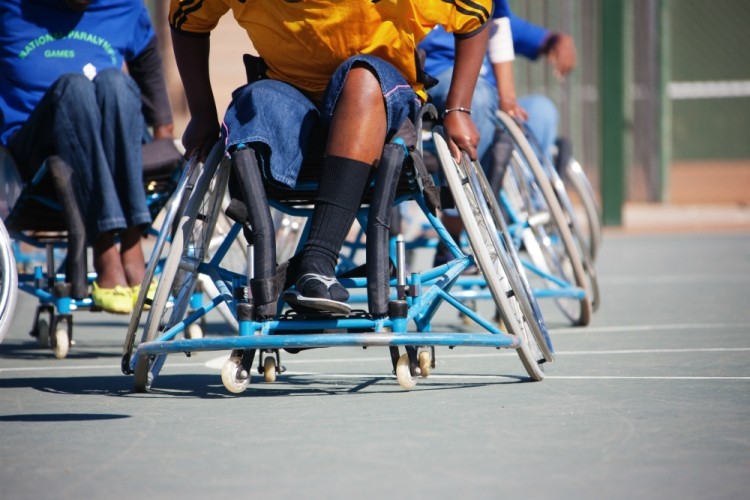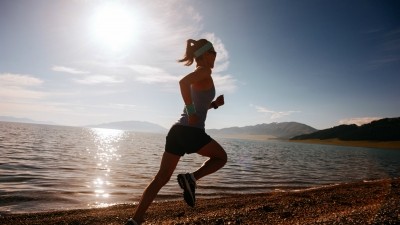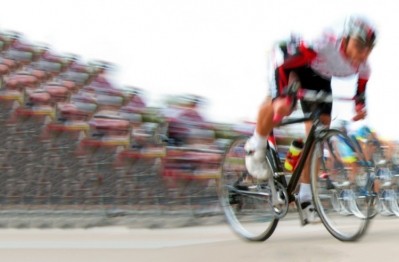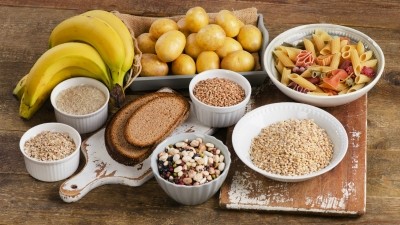Sports nutrition and disabled athletes: Standardised guidelines may enhance physical performance

The lack of research on the topic has led to insufficient specialised recommendations for disabled athletes.
As such, researchers from the University of Calgary and Mount Royal University in Canada conducted a study to assess nutrient intake and supplement use among high-performance physically disabled athletes.
They recruited 40 athletes (18 male, 22 female) from across nine Paralympic sports — including those with impaired muscle power and / or passive range of movement, visual impairment, limb deficiency, leg length difference, short stature, hypertonia, ataxia, and athetosis — and examined their three-day food records; they also had to take a validated dietary supplement questionnaire.
Insufficient intake
The researchers observed that while the subjects generally met the RDA of macronutrients for able-bodied athletes, they exhibited "several micronutrient deficiencies and irregular use of specific supplements".
They tended to consume supplements such as protein powder, sports / energy bars and drinks, and vitamin D, but most of them failed to meet the RDA (recommended dietary allowance) or AI (adequate intake) of magnesium, potassium, pantothenic acid, and vitamins D and E.
Macro and micro recommendations
The researchers wrote that standardising "macronutrient recommendations for athletes with physical disabilities will be complicated, since nutritional needs vary from athlete to athlete", but added that "some guidelines should be developed, similar to those available for able-bodied athletes".
In terms of macronutrients, they said that depending on the nature of the impairment, carbohydrate intake may have to be higher for physically disabled athletes.
They noted that the athletes consumed insufficient fibre and "arguably high" amounts of sugar, necessitating better quality carbohydrate choices.
When it came to micronutrients, they wrote that physically disabled athletes may need greater intake of certain micronutrients, as well as a varied diet to help them achieve adequate levels of vitamin D, calcium and iron, all of which were found to be insufficient in the athletes.
Gendered differences
The male athletes most regularly took sports bars and protein powder (38.9% respectively), followed by sports drinks (33.3%); they were also more likely to consume branched chain amino acids (BCAAs).
The female athletes, on the other hand, most regularly took vitamin D (40.9%), protein powder (22.7%) and fatty acids (18.2%).
On average, the female athletes' diets and supplement intake fell short of the RDA for calcium and iron, while the male athletes had insufficient folate and vitamin A intake.
Interestingly, when each of them was asked to rank their overall diet, 11% of the male athletes and 5% of female athletes ranked their diets as 'not healthy', 61% of males and 73% of females said their diets were 'average', and 28% of males and 23% of females found their diet to be 'very healthy'.
Standardise to optimise
While standard nutritional guidelines would be challenging to determine for physically disabled athletes due to the variety of disabilities, they would also help them to optimise their nutritional intake and supplement use for peak performance.
The researchers concluded: "Future studies should evaluate the impact of the level of impairment on energy and macronutrient intakes to work towards recommendations. In order to adequately support these athletes, educational programmes and counselling from sport nutrition professionals are urgently needed."
Source: Nutrients
https://doi.org/10.3390/nu9111266
"Evaluation of Dietary Intakes and Supplement Use in Paralympic Athletes"
Authors: Robyn F Madden, et al.


















